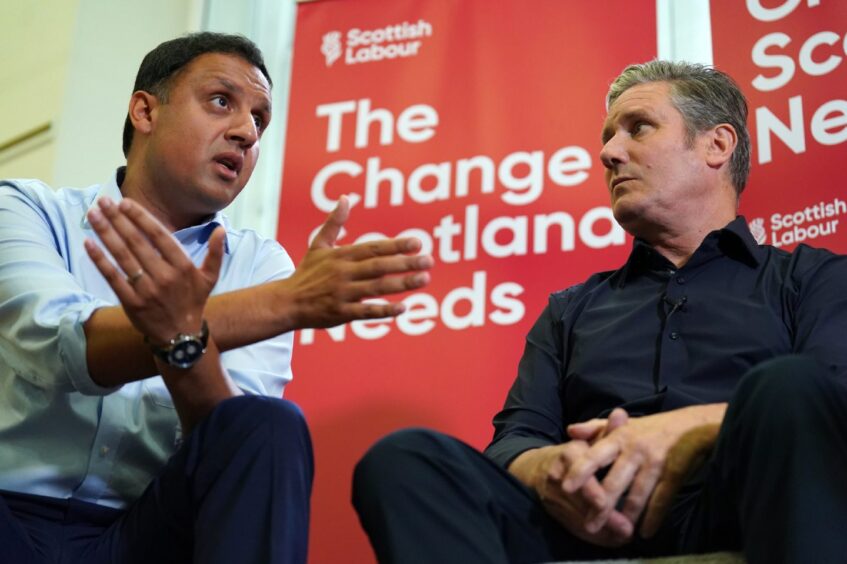
Earlier this month, Labour announced its revised green investment plan. While the wider media focus has been on the reduction of the previous £28bn annual target, the announcement also contained potentially significant proposals regarding the taxation of UK upstream oil and gas.
The proposals focused on the energy profits levy (EPL): the ‘temporary windfall tax’ introduced in 2022 and currently charged on profits at 35% as part of a headline tax rate of 75%. The Labour proposals are brief but broadly involve raising the tax rate, reducing tax reliefs for costs and extending the period for which the levy applies, with the intention of partly funding their revised investment plans.
The first proposal is to increase the levy to 38%, taking the headline tax rate from 75% to 78%. The rationale is that this matches the headline rate in Norway; though it should be said that this is not a like-for-like comparison, since the amount of tax paid is not determined solely by the headline rate, but also by how the taxable profits are calculated.
In calculating EPL, a number of costs that would ordinarily be taken into account – such as decommissioning costs, or costs incurred prior to the introduction of EPL – are disregarded. This has already resulted in EPL affecting companies very differently depending on where their assets are in the field lifecycle: for example, companies with decommissioning obligations may be paying tax on amounts that are not actual profits. It also means that any comparison with other jurisdictions such as Norway, that may allow such costs, would need to take the impact of this different treatment into account.
The second proposal appears to be adding further restrictions on those costs that can be taken into account when calculating profits and associated reliefs. This is described only as ending ‘loopholes’ resulting in payments to companies, so it is not yet clear what exactly is intended.
It seems likely at the very least to refer to the removal of the investment allowance for EPL, which currently provides an uplift to investment costs when calculating profits, with an additional uplift for investment in decarbonisation projects. It had previously been suggested this may be done retroactively – which would have been a departure from normal tax and legislative processes – but this has not been mentioned in the announcement.
This investment allowance was introduced to try and avoid discouraging investment despite the higher tax rate, including in energy transition projects, and its removal would therefore impact the post-tax cost of carrying these out during the intended life of EPL.
The more significant change would be if this outline proposal intends to go further and indicate that all capital costs would be ignored in calculating EPL. This would change a longstanding feature of the UK oil and gas tax regime in allowing such costs to be taken into account in calculating profits. As a result, it could have a material impact on the post-tax cost of a wide range of expenditure, some of which will already have been planned for coming years and some of which companies will currently be considering.
The third proposal is that the period for which EPL applies be extended from March 2028 to the end of the next parliament, which presumably in practice would mean to 2029. This is with the caveat that this will only be the case while windfall profits remain: although if this means following the current government’s proposals on the circumstances in which the levy can end earlier, this may not lead to much expectation of the levy falling away before 2029.
It would also mean that what was originally described as a temporary windfall tax will have applied for nearly 7 years; though it seems likely the more immediate concern will be the prospect of a substantial change to the way in which taxable profits are calculated until it falls away.
Recommended for you
